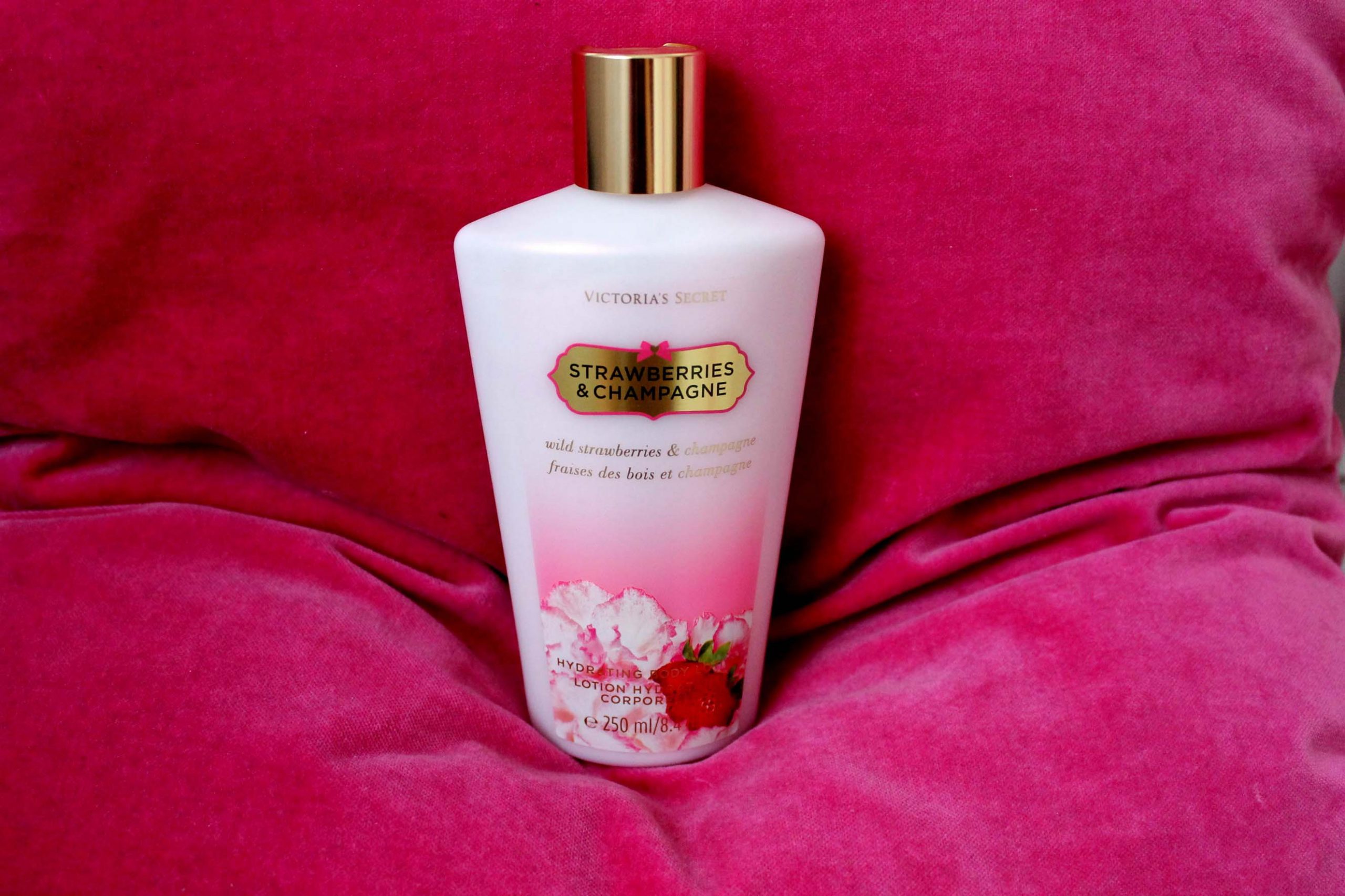
Authorities in Qatar have seized a number of perfumes and scented lotions from store shelves this week after getting complaints about their labels.
On Twitter, officials from the Ministry of Economy and Commerce (MEC) said the items contravened the “customs, traditions and religious values” of the nation.
https://twitter.com/MEC_QATAR/status/553962466506321921/
تم قبل قليل ضبط كمية من العطور في احد مراكز التسوق تحمل اسماء تنافي العادات والتقاليد والقيم الدينية والتحفظ عليها pic.twitter.com/HBkBVPIqin
— وزارة التجارة والصناعة (@MOCIQatar) January 11, 2015
Speaking to Doha News, an employee at Victoria’s Secret confirmed that bottles of “VS Fantasies: Strawberries & Champagne” were removed from its branch in Landmark Mall earlier this week.
On the heels of that announcement, inspectors also removed bottles of perfume from Family Food Center on Nasser St. following complaints about their branding, a store supervisor confirmed.
The bottles featured the Playboy bunny logo. Playboy is an American men’s lifestyle magazine that features photographs of nude women.
This is not the first time Qatar authorities have moved to control the sale of perfumes and scented products, though in the past the issue involved the ingredients, not the packaging.
Perfume controls
In early 2013, the Ministry of Environment announced tighter regulations on the sale and import of alcohol-based perfumes “in the interest of public health.”

To help prevent the misuse of alcohol among some residents, the authorities issued a number of rulings, including:
- That all perfumes should be sold in bottles with a spray nozzle;
- At least one ingredient should be added to make it unfit for drinking, and
- Items should feature a warning advising users that the product is for “external use only” in both English and Arabic.
Alcohol is closely regulated in the conservative Islamic society of Qatar, since Muslims are prohibited from imbibing.
It is on sale in certain restaurant hotels and bars and only those with a liquor license are permitted to buy and drink it at home. The licenses are granted only to expats with a salary over a certain amount.
Due to the restrictions, the production of homemade alcohol is not uncommon, particularly among low-income workers. Authorities undertake periodic raids on labor camps, arresting those caught for making their own liquor.
Ingredients probe
Other products have also been targeted recently by Qatar authorities over concerns about their ingredients.

A brand of instant noodles, believed to be Nissin Cup Noodles from Japan, was taken from supermarket shelves here last week and tested after the Saudi Arabian Food and Drugs Authority (SFDA) recalled the product from the nation’s stores.
The Saudi authorities claimed this was because the noodles contained pork derivatives, unauthorized artificial coloring and gelatin from unknown sources.
However, no trace of these ingredients were apparently found in the product in Qatar.
And at the end of December, the Ministry of Municipality and Urban Planning (MMUP/Baladiya) withdrew a popular brand of pasta sauce from the UK over concerns that it contained red wine.
The Loyd Grossman Bolognese sauce was recalled from supermarkets, pending the results from laboratory testing.
Thoughts?







